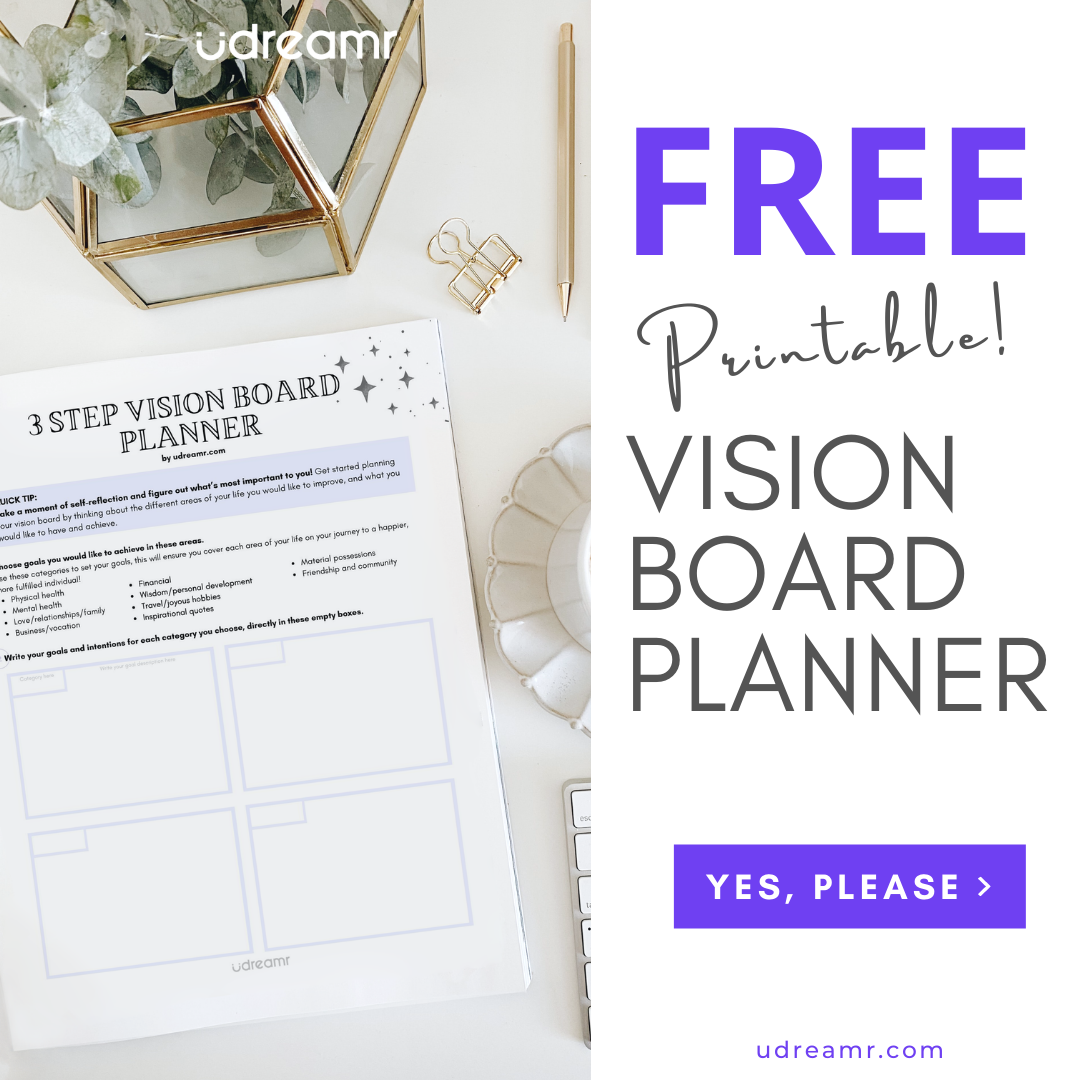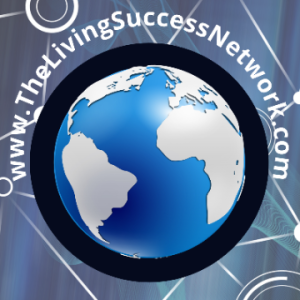Personal development is a lifelong journey of self-improvement and development. It encompasses various strategies, actions, and mindset shifts aimed at reaching one’s full potential and living a more fulfilled life. In today’s fast-paced and competitive world, personal development has gained significant importance as individuals strive to enhance their skills, achieve their goals, and lead a purposeful life. This article will explore the concept of personal development, its benefits, and why it is crucial in our lives.
Table of Contents
- Introduction: The Significance of Personal Development
- Understanding Personal Development
- The Benefits of Personal Development
- Developing a Personal Development Plan
- Steps to Achieving Personal Development
- Overcoming Challenges in Personal Development
- The Role of Self-Improvement in Personal Development
- The Importance of Self-Awareness
- Cultivating a Growth Mindset for Personal Development
- Balancing Personal and Professional Development
- Creating a Vision for Personal Growth
- The Connection Between Learning and Development
- The Role of Personal Development in Career Advancement
- Emotional Development and Well-being
- Conclusion
1. The Significance of Personal Development
Personal development is an ongoing process that empowers individuals to take control of their lives, explore their potential, and make positive changes. It involves self-reflection, setting goals, acquiring new skills, and adopting a growth mindset. By investing time and effort into personal development, individuals can enhance their self-awareness, improve their relationships, and achieve success in various aspects of life.
2. Understanding Personal Development
Personal development encompasses a wide range of activities and approaches that contribute to an individual’s development and progress. It involves identifying strengths and weaknesses, setting clear objectives, and taking the necessary steps to achieve personal growth. Personal development is not limited to a specific area but covers various dimensions, including physical, emotional, intellectual, and social aspects of life.
3. The Benefits of Personal Development
Personal development brings numerous benefits that positively impact an individual’s life. By actively engaging in personal development, individuals can:
- Gain greater self-awareness: Personal development encourages self-reflection, helping individuals understand their values, beliefs, and emotions. This self-awareness enables them to make informed decisions and align their actions with their goals.
- Improve skills and talents: Personal development provides opportunities to learn new skills and improve existing ones. By acquiring knowledge and honing their abilities, individuals become better equipped to handle challenges and seize opportunities.
- Enhance relationships: Developing strong interpersonal skills is an essential aspect of personal development. Personal development enables individuals to improve communication, empathy, and conflict resolution skills, fostering healthier and more fulfilling relationships.
- Reach full potential: Personal development empowers individuals to unlock their full potential. By identifying and leveraging their strengths, setting ambitious goals, and continually striving for development, individuals can maximize their capabilities and achieve extraordinary results.
4. Developing a Personal Development Plan
To embark on a personal development journey, it is crucial to create a personal development plan. This plan acts as a roadmap, guiding individuals towards their desired outcomes. Here are some steps to develop an effective personal development plan:
- Define goals: Clearly articulate the areas in which you want to grow and set specific, measurable, achievable, relevant, and time-bound (SMART) goals. This helps provide clarity and focus throughout the personal development process.
- Identify resources: Determine the resources and support systems needed to achieve your goals. This may include mentors, coaches, books, courses, or online communities. Gathering the necessary resources ensures a well-rounded and comprehensive approach to personal development.
- Create action steps: Break down your goals into smaller, actionable steps. This makes the journey more manageable and allows for a sense of progress as you accomplish each milestone.
- Track progress: Regularly assess your progress and make adjustments as needed. Tracking your development helps you stay accountable and motivated.
5. Steps to Achieving Personal Development
Achieving personal development requires consistent effort and a commitment to the process. Here are some steps to guide you on your personal development journey:
- Self-reflection: Take an honest look at yourself, your strengths, weaknesses, values, and aspirations. Self-reflection serves as a foundation for personal development.
- Set meaningful goals: Define clear and meaningful goals that align with your values and aspirations. Setting goals provides direction and a sense of purpose.
- Continuous learning: Embrace a mindset of continuous learning and growth. Seek opportunities to acquire new knowledge, develop new skills, and expand your horizons.
- Embrace change: Personal development often involves stepping out of your comfort zone and embracing change. Be open to new experiences and willing to challenge yourself.
- Surround yourself with positivity: Surround yourself with individuals who support your personal development journey and create a positive environment that fosters growth.
- Take action: Personal development requires taking action. Apply what you learn, practice new skills, and persevere through challenges. Action is the key to transformation.
6. Overcoming Challenges in Personal Development
Personal development is not without its challenges. However, understanding and addressing these challenges can help individuals stay on track and make progress. Some common challenges in personal development include:
- Lack of motivation: Maintaining motivation throughout the personal development journey can be challenging. Setting clear goals, celebrating small victories, and seeking support from others can help sustain motivation.
- Fear of failure: Fear of failure can hold individuals back from taking risks and exploring their potential. Embracing a growth mindset, reframing failure as an opportunity for learning, and cultivating resilience can help overcome this fear.
- Time management: Balancing personal development with other responsibilities can be demanding. Effective time management, prioritization, and creating dedicated time for personal development activities can help overcome this challenge.
7. The Role of Self-Improvement in Personal Development and Why Is It Important?
Self-improvement is a fundamental aspect of personal development. It involves intentionally working on enhancing oneself physically, emotionally, intellectually, and socially. Self-improvement practices may include exercise, meditation, reading, attending workshops, or engaging in activities that promote personal growth. By prioritizing self-improvement, individuals can become the best version of themselves and lead a more fulfilling life.
8. The Importance of Self-Awareness
Self-awareness is a cornerstone of personal development. It involves deepening one’s understanding of their thoughts, emotions, behaviors, and impact on others. By cultivating self-awareness, individuals can make conscious choices, manage their emotions effectively, and develop healthier relationships. Self-awareness enables individuals to align their actions with their values and goals, leading to personal growth and overall well-being.
9. Cultivating a Growth Mindset for Personal Development
A growth mindset is essential for personal development. It is the belief that abilities and intelligence can be developed through dedication, hard work, and a willingness to learn. Embracing a growth mindset allows individuals to view challenges as opportunities for growth, persist in the face of setbacks, and continuously improve. By cultivating a growth mindset, individuals can unleash their full potential and achieve remarkable personal growth.
10. Balancing Personal and Professional Development
Personal development is not limited to one’s personal life; it also extends to professional growth. Balancing personal and professional development is crucial for overall success and satisfaction. By focusing on enhancing skills, acquiring new knowledge, and setting career-related goals, individuals can excel both personally and professionally. Integrating personal and professional development leads to a well-rounded and fulfilling life.
11. Creating a Vision for Personal Growth
Creating a vision for personal growth provides a sense of direction and purpose. It involves envisioning the desired outcomes and the person you aspire to become. A personal vision acts as a guiding star, motivating and inspiring individuals to take consistent action toward their goals. When crafting a personal vision, consider various aspects of life, such as relationships, health, career, and personal fulfillment.
12. The Connection Between Learning and Development
Learning and development are deeply intertwined in personal development. The process of learning new skills, acquiring knowledge, and gaining insights contribute to personal growth. Likewise, personal development facilitates learning by creating an environment that fosters curiosity, self-reflection, and continuous improvement. Embracing learning as an integral part of personal development allows individuals to expand their horizons and achieve their full potential.
13. The Role of Personal Development in Career Advancement
Personal development plays a significant role in career advancement. By actively investing in personal growth, individuals can enhance their skills, expand their knowledge, and increase their value in the job market. Personal development fosters qualities such as leadership, adaptability, and resilience, which are highly sought after by employers. Additionally, personal development empowers individuals to set career goals, navigate challenges, and seize opportunities for growth.
14. Emotional Development and Well-being
Emotional development is a vital aspect of personal development. It involves understanding and managing emotions effectively, developing emotional intelligence, and fostering positive mental well-being. By cultivating emotional intelligence, individuals can navigate relationships, handle stress, and maintain overall psychological health. Emotional development enhances self-awareness, empathy, and resilience, leading to a more balanced and fulfilling life.
15. Conclusion
In conclusion, personal development is a lifelong journey of self-improvement and growth. It empowers individuals to reach their full potential, acquire new skills, and live a more fulfilled life. By investing in personal development, individuals can enhance self-awareness, set meaningful goals, and continuously learn and grow. Personal development is not only important for personal fulfillment but also plays a crucial role in professional success. So, embrace personal development, unleash your potential, and create the life you envision.
FAQs
- What is personal development? Personal development refers to the process of self-improvement and growth, encompassing strategies, actions, and mindset shifts aimed at reaching one’s full potential and living a more fulfilled life.
- Why is personal development important? Personal development is important because it helps individuals enhance their skills, achieve their goals, and lead purposeful life. It fosters self-awareness, continuous learning, and personal growth in various aspects of life.
- How can personal development help in reaching one’s full potential? Personal development empowers individuals to unlock their full potential by identifying and leveraging their strengths, setting ambitious goals, and continuously striving for growth.
- What is a personal development plan? A personal development plan is a roadmap that outlines an individual’s goals, strategies, and action steps for personal growth. It provides clarity, direction, and a sense of progress throughout the personal development journey.
- How does personal development contribute to career advancement? Personal development enhances skills, knowledge, and qualities sought after by employers, such as leadership, adaptability, and resilience. It empowers individuals to set career goals, navigate challenges, and seize opportunities for growth.
More Topics:
- The Power of Mindset: Developing an Entrepreneurial Mindset for Success
- Motivational Quotes for Business Success in 2023: Ignite Your Entrepreneurial Spirit
- The Importance of Personalized Nutrition: Achieve Your Health and Wellness Goals
- Proven Ways to Lose Weight Without Exercise
- Discover the Five Remarkable Benefits of Mindful Eating
- How to Be Financially Successful: 7 Tips for Achieving Financial Success


